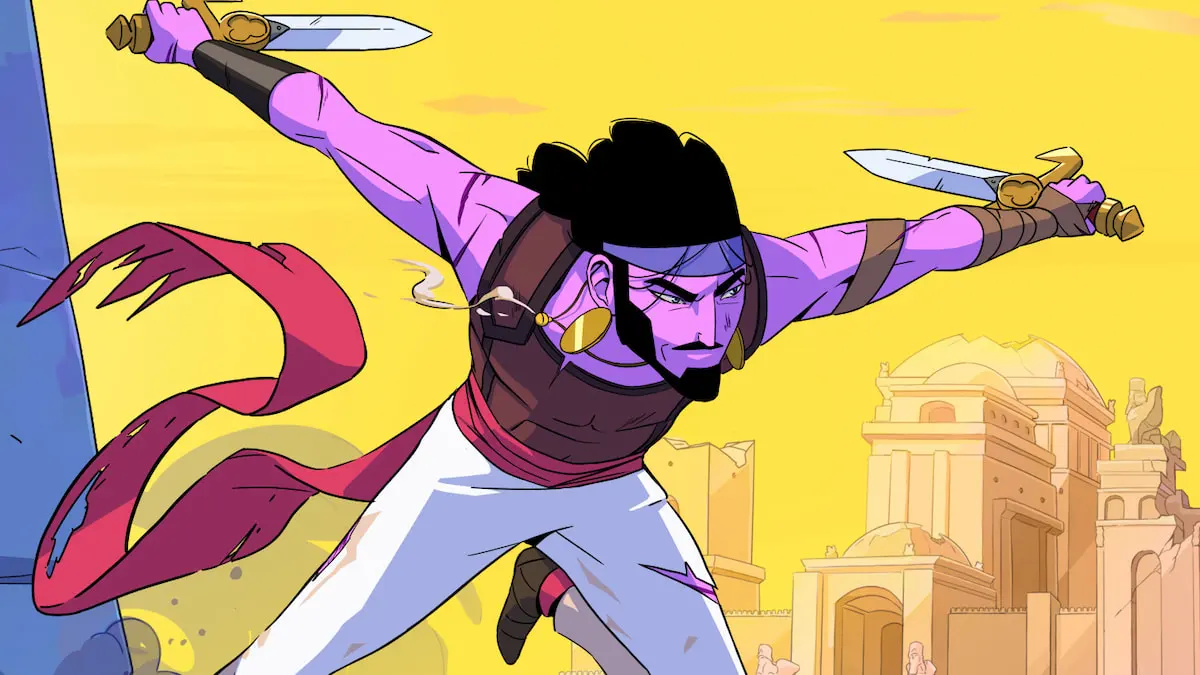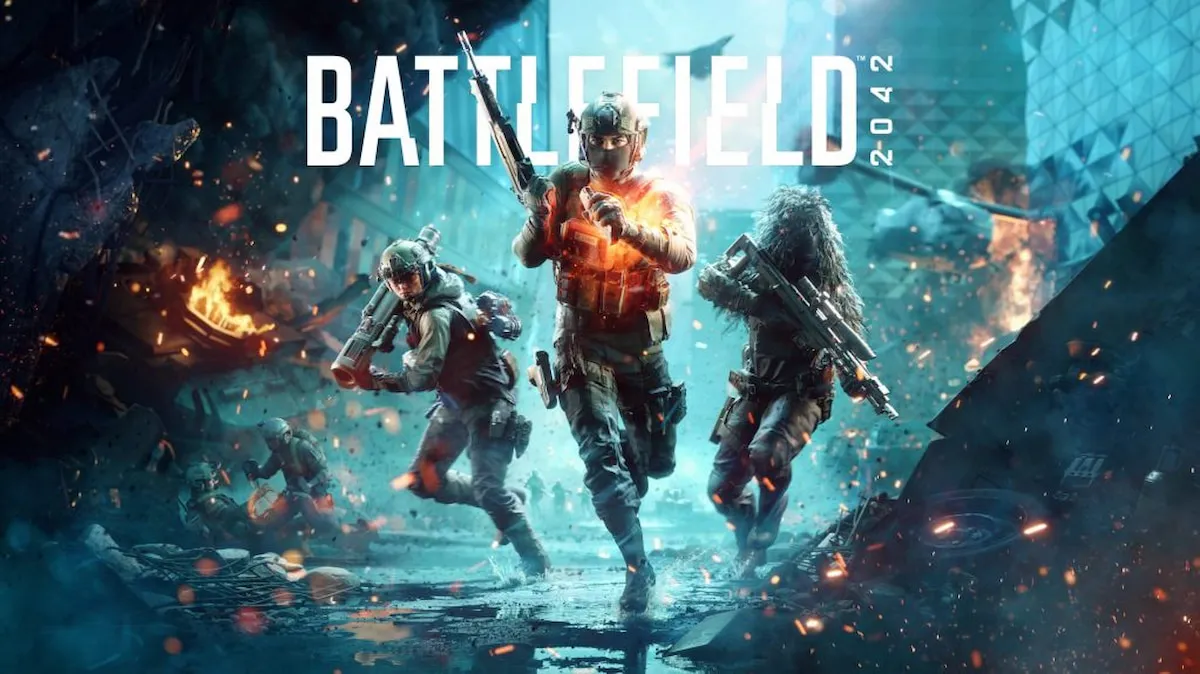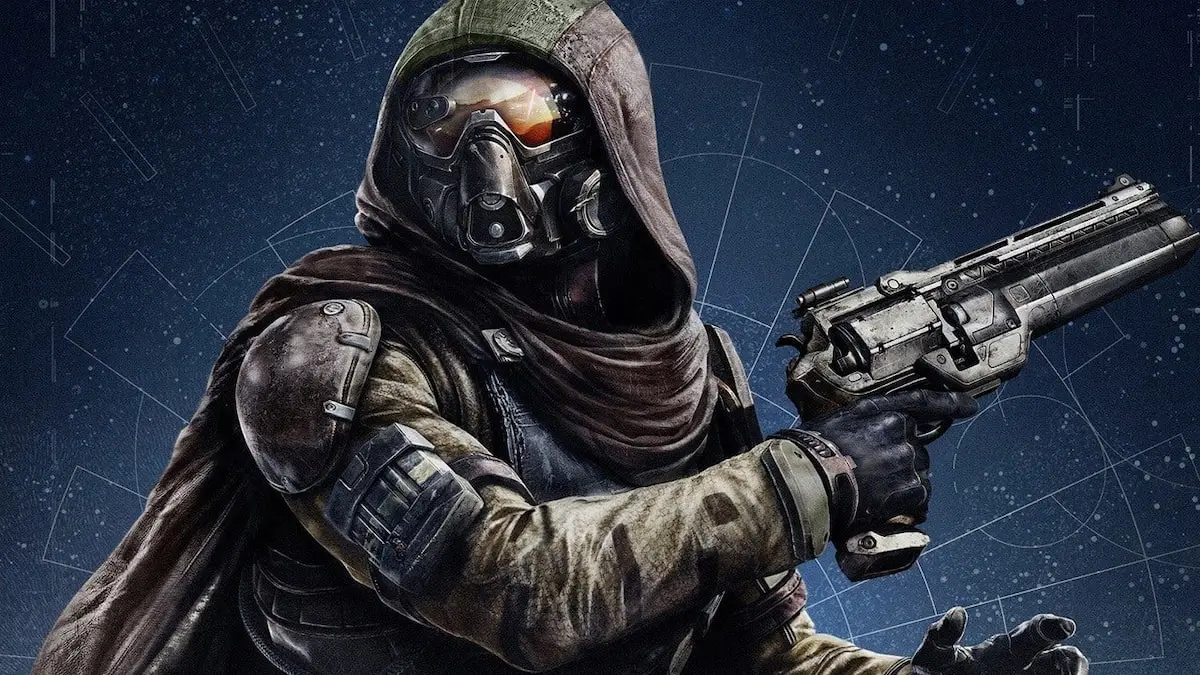Valve has shed some light on how the company operates at today’s Develop event in the UK.
The employer of 300’s employee handbook was leaked onto the net earlier this year, and in it, we caught a glimpse of the unusual and, quite frankly, lovely way the company is run. There aren’t bosses at Valve as such, people are instead encouraged to work on projects that mightn’t suit their taste or skill set. Decision-making, instead of being governed by one or two individuals, is stemmed from projects and ideas that prove to be popular within the offices.
At a Q&A session at Develop conference in Brighton, UK Jason Holtman of Valve was quizzed on whether he felt that the quality of the games such as Team Fortress 2, Half Life 2 and Portal 2 is down to the nature of Valve’s unusual structure.
“I think there’s a link,” Holtman responded. “I think there’s a really strong link. It’s both of those things, but probably the first one is the more true. The quality of the games and the quality of the things we make comes from this unstructured-ness. In other words, it comes from localized decision-making. It comes from the closeness to the customers.
“What happens is, as you succeed, you start feeding back on that loop, right. Obviously the success lets you do it more and lets you take risks, but I think it’s both.”
On how Valve manages to make decisions without a power structure, especially when there’s a disagreement in the office, Holtman replied “Thunderdome, it’s pretty awesome. No, Dota. We’ve actually found that works really well.”
“We rely on the structure of being peers, and a bunch of people making the decisions themselves,” Holtman explained. “But you’re like, that’s all well and good if it’s like one or two people and they’re cowboys and they’re really good at something.
“What we actually rely on is an organic gravity well. And we encourage it. So we say, look, if there’s a project going on, say the game’s being worked on for two years, we figure out whether or not that game gets shipped and gets continued to be worked on by the amount of people that are around it.
“The amount of people that are around it aren’t around it because of a P&L [profit and loss]. We don’t reward people on, okay, you got attracted to making Portal 2 and I know Portal 2 is going to sell. We instead say, people are getting around the gravity well because it’s interesting, because it’s strategic, and that’s what they’re going to build.”
Apparently the organic gravity well works to help decide both what to release, and what not to do.
“It’s a really good indicator of what’s good or not. If that gravity well of folks knows they’re going to be responsible for that game and get to make decisions about that game or project, they do a really good job. It’s a good feedback mechanism.
“They can look around and go, I keep trying to find an engineer to do this for me, and the engineers keep saying they’re too busy and have other stuff to do. What we do is say, okay, go and have that discussion. And if they keep saying that and everybody has the right information, it probably means the thing you want done isn’t the right thing to do, and maybe you should help them.”
Of course, there are problems associated with this structure, and Holtman singled out one that goes some way to explaining the concept of Valve Time, that is, the length of time it takes the much-loved developer to create games.
“It’s a little hard,” Holtman said. “The negative of this kind of structure is we do lose the quick mandate structure. There probably are people who would be really good about doing, if we did this in the next six months we would be at X, and that can have advantages. We don’t have that.
“But we’re trusting a bunch of people to organize around X and do it and have those conversations. But it’s a hard problem.”




